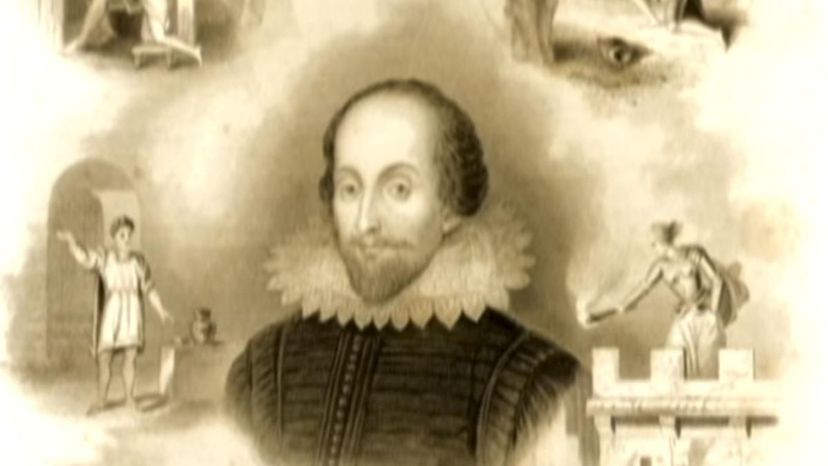
About This Quiz
"It's all Greek to me." Hopefully this quiz won't be! This popular saying is a way to tell someone that you have no clue what's going on, but where did it come from? With the premise of this quiz, you've probably guessed that it comes from Shakespeare. Found in his tragedy Julius Caesar, this saying was born in 1599. While this is definitely a popular saying, the author would come to have dozens more. Can you finish them?
William Shakespeare might be the most well-known writer in history. An English author, he created tons of works that would continue to be studied by students and professionals for years. With up to 39 plays and 154 sonnets on his resume, Shakespeare created some of the most celebrated works of literature. Bouncing between comedies and tragedies, Shakespeare wrote Romeo and Juliet, Macbeth and A Midsummer Night's Dream. He also penned famous sonnets, such as Sonnet 18, where he compared his love to a seasonal day, and Sonnet 116, where he spoke about marriage.Â
Through characters from Hamlet to Julius Caesar, Shakespeare included some infinitely repeated lines in his work. Can you remember all of them? Enough to finish them? There's only one way to find out! Let's go!
Advertisement
Advertisement
Advertisement
Advertisement
Advertisement
Advertisement
Advertisement
Advertisement
Advertisement
Advertisement
Advertisement